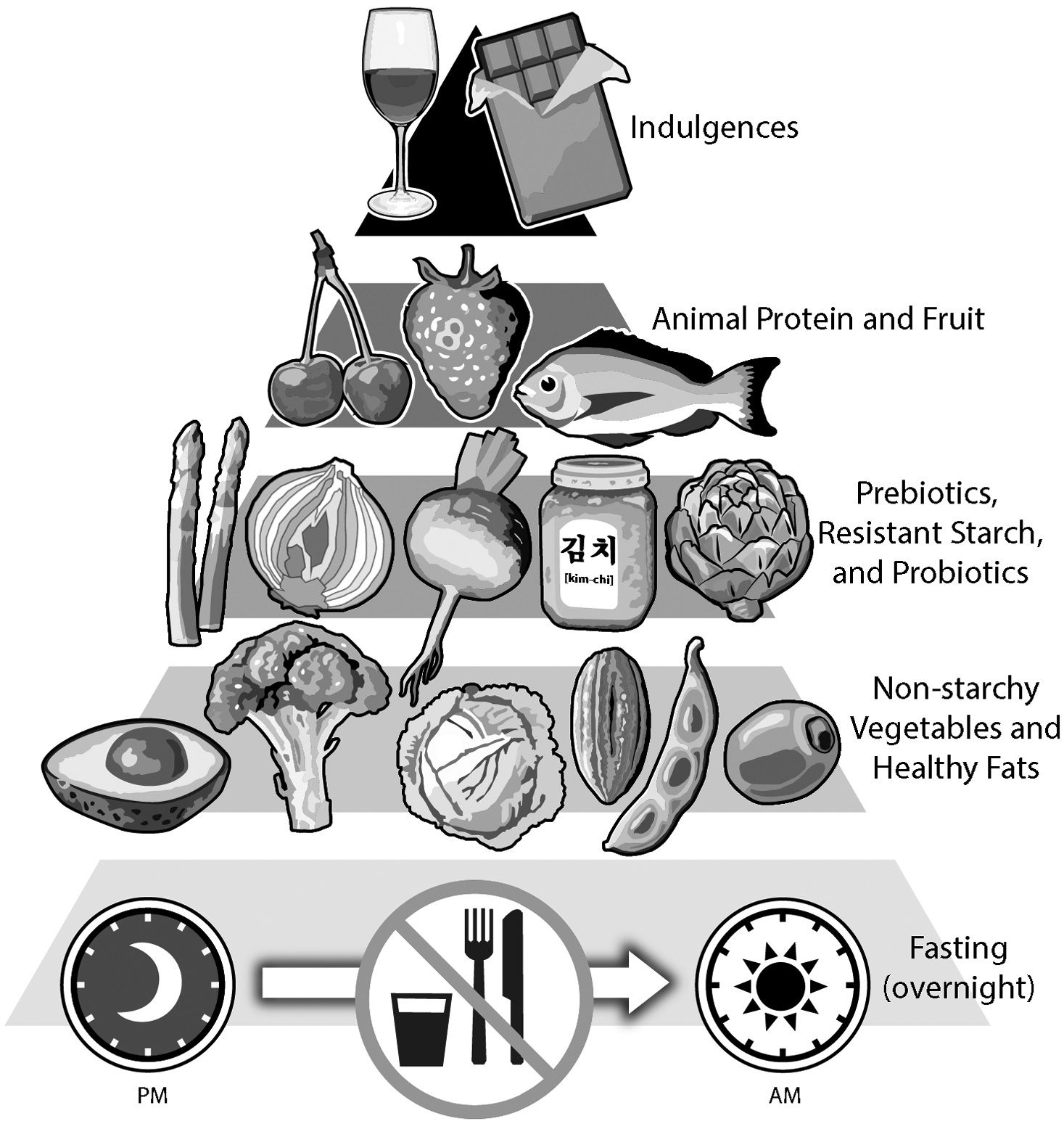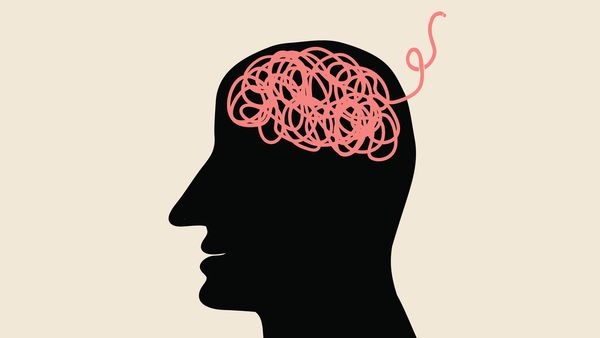In 10 seconds? Research shows that eating a diet filled with vegetables, nuts, berries, legumes, fish, olive oil and whole grains could be better for our brains and lower the risk of dementia as we age.
What’s the story? Dementia is one of the leading causes of disability in Western populations affecting around 6 million older adults in the US alone and, without a cure, rates will only continue to increase. However, we might be able to reduce our risk of dementia by changing our diets. Although dementia is not recognized as a disease, it reduces our brain’s ability to make decisions, think clearly and remember things.
What’s the discovery? Researchers followed older adults for 12 years and found those who ate more ‘brain-healthy’ and fewer unhealthy foods, like red meat, pastries, sweets and fried dishes, experienced less cognitive decline.
How does food affect our brain? Several ways! Oily fish like salmon, mackerel and sardines are rich in omega-3 fatty acids. Our brain cells depend on omega-3s for their structure and function, and our only way of getting omega-3s is through our diet. Plant-based foods like green leafy vegetables, blueberries, nuts, and olive oil contain polyphenols which have antioxidant and anti-inflammatory properties. These foods essentially help to maintain a healthy blood and oxygen flow through our brains.
And what foods should we avoid? In addition to the foods mentioned before, try to reduce 'processed foods' like burgers, cake, biscuits, savoury snacks, and microwave meals (yeah, I know it sounds like a mantra!). These foods do not only contain refined carbohydrates but also sugars and saturated fats which promote inflammation and lead to reduced blood flow in the brain, causing damage to our neural cells.

So processed foods are the culprits... Correct! And they are typically also high in salt which can negatively affect your cognitive functions. Salt reduces the amount of nitric oxide which is an important compound to maintain the brain’s vascular health. When nitric oxide levels are too low, chemical changes to the Alzheimer-linked protein tau occur in the brain, contributing to dementia.
What else causes dementia? There are many different forms of dementia with different causes. However, reduced blood and oxygen flow in the brain are among the most common contributing factors. Being overweight, smoking, being physically inactive and having high blood pressure or diabetes affect our vascular health and put us at an increased risk of dementia later in life. Encouragingly though, recent studies suggest that up to 30 per cent of Alzheimer’s disease, the most common form of dementia, could be prevented by changing these lifestyle factors.
When should I start thinking about changing my habits? The sooner the better. The risk factors that contribute to dementia develop slowly over decades. By making preventative efforts as early as possible we’re in the best position to reduce our dementia risk. However, research also shows that adults over the age of 60 can benefit from making changes to their diet and physical activity habits.
Reduce the risk of dementia by adding this popular ingredient
Researchers at the National University of Singapore found that eating mushrooms more than twice a week could prevent memory and language problems occurring in over-60s seniors.
According to this study, elderly people who consume more than 300 grams, or approximately half a plate, of mushrooms weekly may have 50 percent reduced odds of having mild cognitive impairment (MCI).
Mushrooms are not your favs? Well, the researchers also suggested that even one small portion of mushrooms a week may still be beneficial to reduce the chances of MCI.
Alexandra distilled 11 research papers to save you 38.5 hours of reading time






